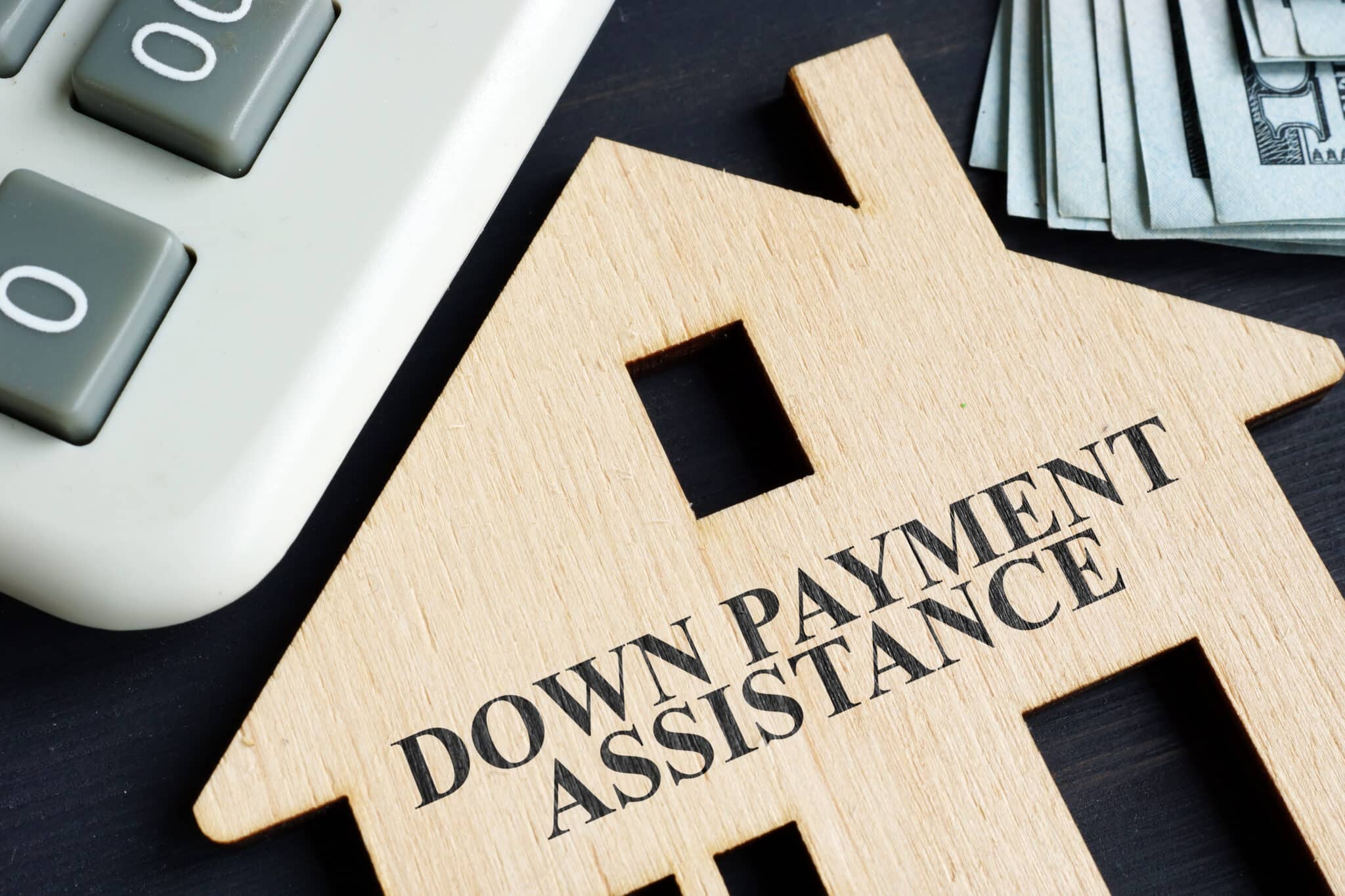When it comes to Islamic home financing, many people believe that because the products are Shariah-compliant, traditional elements of finance—such as the credit score—are not considered. However, this is a common misconception. Just like with conventional lenders, Islamic lenders also assess credit scores when determining a potential homeowner’s financing eligibility.
In this article, we’ll explore why credit scores matter in Islamic financing, what factors influence your score, and how to build a strong credit profile in a way that aligns with your faith and financial goals.
Why Do Islamic Lenders Consider Credit Scores?
Even though Islamic home financing differs from conventional loans, the principles of responsibility and risk assessment remain crucial. Here are a few reasons why Islamic lenders look at your credit score:
- Assess Financial Responsibility: A credit score reflects how responsibly you manage your debts and financial obligations. In Islamic finance, being financially responsible is not just important for you, but also ensures the lender can engage in a fair and ethical transaction.
- Evaluate Repayment Ability: Lenders, whether Islamic or conventional, need to determine if a potential homeowner will be able to make timely payments. A strong credit score often indicates a borrower’s ability to consistently meet financial commitments.
- Risk Management: Islamic finance institutions must be sustainable to continue offering products that comply with Shariah principles. By considering credit scores, lenders can better manage their risk, ensuring they only enter into agreements where the likelihood of repayment is high.
- Aligning Financial Well-Being with Islamic Principles: Financial health and responsibility are key components of Islamic values. Taking steps to maintain a good credit score aligns with the broader goal of being a responsible custodian of your finances.

How to Build and Improve Your Credit Score for Islamic Financing
Building or improving your credit score is essential when you’re planning to apply for Islamic home financing. Here are a few ways you can do that:
- Pay Your Bills on Time: One of the most significant factors in determining your credit score is your payment history. Ensure that you pay all your bills, whether they’re for utilities, credit cards, or loans, on time. This will have a direct, positive impact on your score.
- Manage Credit Utilization: Keep your credit utilization low by using only a small percentage of your available credit. Experts recommend keeping it below 30% of your total credit limit to boost your score.
- Monitor Your Credit Report: Regularly check your credit report for any errors or discrepancies. Mistakes can hurt your score, so it’s essential to report any inaccuracies to the credit bureaus to have them corrected.
- Avoid Taking on Too Much Debt: While having a variety of credit accounts can help build your score, it’s important to avoid taking on too much debt. Being prudent with your financial decisions is a value that aligns with both good financial practices and Islamic principles.
- Build Credit with Responsible Use: If you’re starting from scratch or have a low credit score, consider using secured credit cards or credit-builder loans. These products allow you to build a positive payment history over time.

Misconceptions About Credit Scores and Islamic Financing
Many believe that since Islamic home financing avoids interest (riba), credit scores, which are traditionally associated with interest-based products, shouldn’t matter. However, this is not the case. Here’s why:
- Profit Rate vs. Interest Rate: Islamic financing replaces interest with a profit rate, but the lender still takes on financial risk. The credit score helps assess how much risk the lender is taking by entering into a contract with you.
- Murabaha and Ijara Models: These Shariah-compliant financing models still require due diligence on the lender’s part. They ensure the customer can make regular payments on the profit rate (in Murabaha) or rent payments (in Ijara) in a consistent and timely manner. Your credit score is one of the most effective ways to assess that.
If you’d like to learn more about the differences between Islamic and conventional home financing, check out our article here.
Why Devon Islamic Looks at Your Credit Score
At Devon Islamic, we are committed to offering ethical, Shariah-compliant financing solutions. But we also recognize the importance of conducting business that is both responsible and sustainable. By considering your credit score, we ensure we can offer you competitive rates while maintaining the ethical foundation of our products.
Our goal is to guide you through the process with transparency and care, ensuring you’re prepared to take the next step towards halal homeownership.
Conclusion
While credit scores are often associated with conventional financial systems, they play an important role in Islamic home financing as well. Building a strong credit score helps ensure you can take advantage of Shariah-compliant financing options when you’re ready to buy a home.
At Devon Islamic, we are here to assist you every step of the way, ensuring your journey to homeownership is rooted in ethics and faith. If you have any questions about Islamic home financing or would like to learn more about how we assess credit, please don’t hesitate to contact us.
Build your future with responsibility and faith – Devon Islamic is here to help.


NMLS #412368



